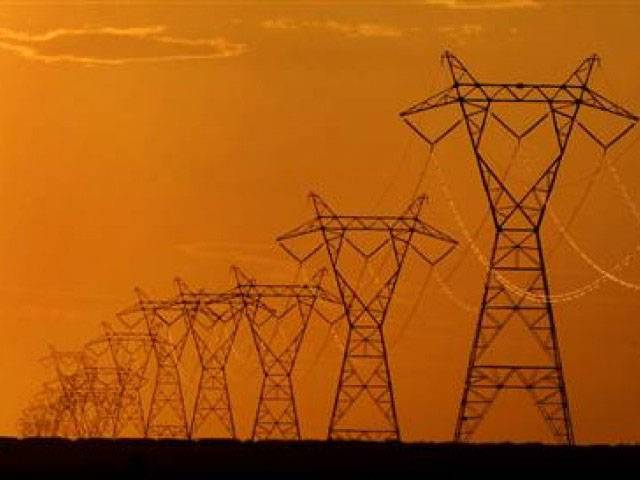LAHORE – Renowned economists and finical experts of Pakistan have said that a new economic strategy based on energy sector reforms, infrastructure improvement and encouragement of foreign investment is necessary for economic revival of the country.
They said the required economic strategy should also include increase in exports, special focus on agriculture and Small and Medium Enterprises (SMEs), austerity measures and technical training of youth human resource.
Former finance minister Senator Ishaq Dar, former State Bank governor Shahid Kardar, Lahore University of Management Sciences Vice Chancellor Prof Adil Najam and others made these recommendations while addressing the ‘International Conference on Testing Times: Reflections on Present and Future’ organised by the Institute of Chartered Accountants of Pakistan (ICAP) in connection with its two-day Golden Jubilee celebrations, which concluded here at a local hotel.
Senator Dar said that socio-economic problems of the country were getting from bad to worse, as 73 per cent people of Pakistan were living below poverty line because they are earning less than $2 a day. He said that government borrowing from central bank must be stopped in order to avoid further devaluation of the rupee in the market.
“The government is borrowing a huge sum of money for their ‘merriment’.” He said the government was printing new currency notes at 15 percent for their ‘merriment’ and hence it was not possible for a governor state bank like Kardar to continue working smoothly under such circumstances.
The senator said that there was a dire need of implementation of the decisions of Supreme Court to establish rule of law and get the country out of political and economical crisis.
He said in 1993 tax-to-gross domestic product (GDP) ratio was 14 percent, which has now dropped to 8.58 percent, which was quite low considering the population growth rate of around 2.3 percent. He said it was very necessary to increase tax-to-GDP ratio at least up to 14 percent for economic revival. About energy he said, although it was a very serious crisis but getting out of it was really possible. “I can count around 2,000 megawatts (MW) production potential, which is not tapped due to lack of political will.” He said for the 420 MW project of Nandipur the equipment was not provided and the project is rotting in Karachi.
The government has also lacked any will to help start another 500 MW project with the help of a Chinese company at Chicho Ki Malyan and the Neelam-Jhelum project is another example.
Former governor SBP Shahid Kardar presenting his research paper on ‘Economic Turmoil: Paradigm Shift in Global Economic Order’ said, following the serious global economics crisis, many countries were now focusing on reducing external debts and selling products and services to other countries in order to support their economy. He said Pakistan tried to help cope with the trade deficit by printing new currency notes, which was not at all the solution to the problem. He said that tax-to-GDP ratio was falling to 8.58 percent and it was amazing that during last fiscal year only 550,000 people filed tax returns.
He said unfortunately we remained looking towards foreign aid like Kerry-Lugar Bill and could not focus on our internal issues. He said power sector was causing a loss of Rs 1.2 billion per day while railways was causing Rs 200,000 per day and the PIA around Rs 70 million a day. He said we needed to attract foreign investment and focus on remittance besides giving a special emphasis on the training of our 100 million youth aged between 15-25 years, which was the real hope for the country.
LUMS Vice Chancellor Prof Adil Najam urged that Pakistan needed to focus on energy, life sciences, knowledge economy and its population strength. He said that this was the age of ideas and innovations as there was tremendous potential in Pakistan in this regard. He said that China and India have made their population’s weakness their strength focusing on the principles of consumerism.
Friday, April 19, 2024
Pakistan needs new energy plan

Rashakai pSEZ to get Rs470.78m solar panels project
April 19, 2024
Dubai Underwater
April 19, 2024
X Debate Continues
April 19, 2024
Cartoon
April 19, 2024
The Escalating Nature of Threat
April 19, 2024
Hepatitis Challenge
April 18, 2024
IMF Predictions
April 18, 2024
Wheat War
April 18, 2024
Rail Revival
April 17, 2024
Addressing Climate Change
April 17, 2024
Justice denied
April 18, 2024
AI dilemmas unveiled
April 18, 2024
Tax tangle
April 18, 2024
Workforce inequality
April 17, 2024
New partnerships
April 17, 2024
ePaper - Nawaiwaqt
Advertisement
Nawaiwaqt Group | Copyright © 2024





